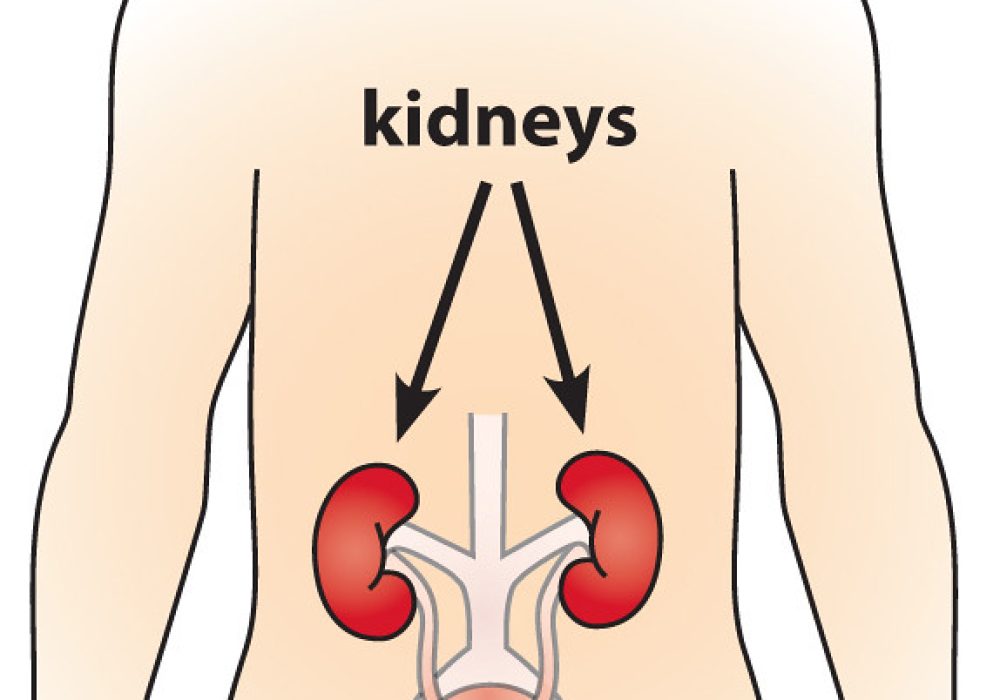Nephrology

Nephrology
What is Nephrology?
Nephrology is the medical specialty focused on providing comprehensive care to patients with chronic kidney disease. This department offers services such as kidney transplants and dialysis. A nephrologist is a doctor who specializes in treating kidney diseases.
Who are Nephrologists?
Nephrologists are medical doctors specializing in the treatment of kidney-related diseases. They also diagnose and manage other conditions that affect kidney function. The nephrology department provides services such as dialysis and kidney transplants.
When to See a Nephrologist
Your primary care doctor can help prevent and treat kidney disease in its early stages. However, if your symptoms are severe, you should consult a nephrologist for specialized treatment. You should see a nephrologist if you experience:
- Excessive blood in your urine
- Kidney stones
- Advanced chronic kidney disease
- High blood pressure or hypertension
- Rare inherited kidney stone conditions
What Nephrology Includes
Nephrology is the study of kidney-related diseases, including the analysis of kidney transplants and the dialysis process. Here’s a detailed look:
Kidney Disease
Kidneys are essential for filtering waste, impurities, and excess water from the blood. Kidney disease occurs when the kidneys are damaged and cannot perform these functions effectively. Causes of kidney damage include diabetes, high blood pressure, and other chronic diseases. Untreated kidney disease can lead to kidney failure, where the kidneys stop working altogether.
Tips to Keep Your Kidneys Healthy
Here are some ways to maintain kidney health:
Eat Less Sodium
To protect your kidneys, consume less sodium. Avoid packaged snacks, fried foods, and other high-sodium items.
Drink Plenty of Water
Drinking plenty of water helps prevent kidney damage. Aim to consume 1.5 to 2.5 liters of water daily.
Eat Healthily
A healthy diet can help you avoid kidney problems. Consume whole-grain foods to maintain long-term kidney health.
Keep Your Vitals in Check
If you have diabetes, hypertension, or high blood pressure, monitor your health closely. Regularly check your blood sugar and blood pressure levels, as high blood pressure can stress your kidneys.
Go for Regular Checkups
If you have chronic diseases, regular checkups are crucial. Never miss a scheduled appointment with your doctor.
Be Physically Active
Exercise regularly and stay active. Physical activity helps your body recover faster and maintain overall health.
Quit Smoking
Smoking can significantly harm your kidneys. To maintain kidney health, it’s essential to stop smoking.
Take Your Medications Regularly
Skipping medications can lead to health issues. Always follow the medication regimen prescribed by your doctor.
Symptoms of Kidney Disease
Symptoms of kidney disease include:
- Painful urination
- Frequent urge to urinate
- Blood in urine
- Difficulty urinating
- High blood pressure
Opening Hours
Morning
09:30 – 01:00
Evening
05:30 – 09:30

